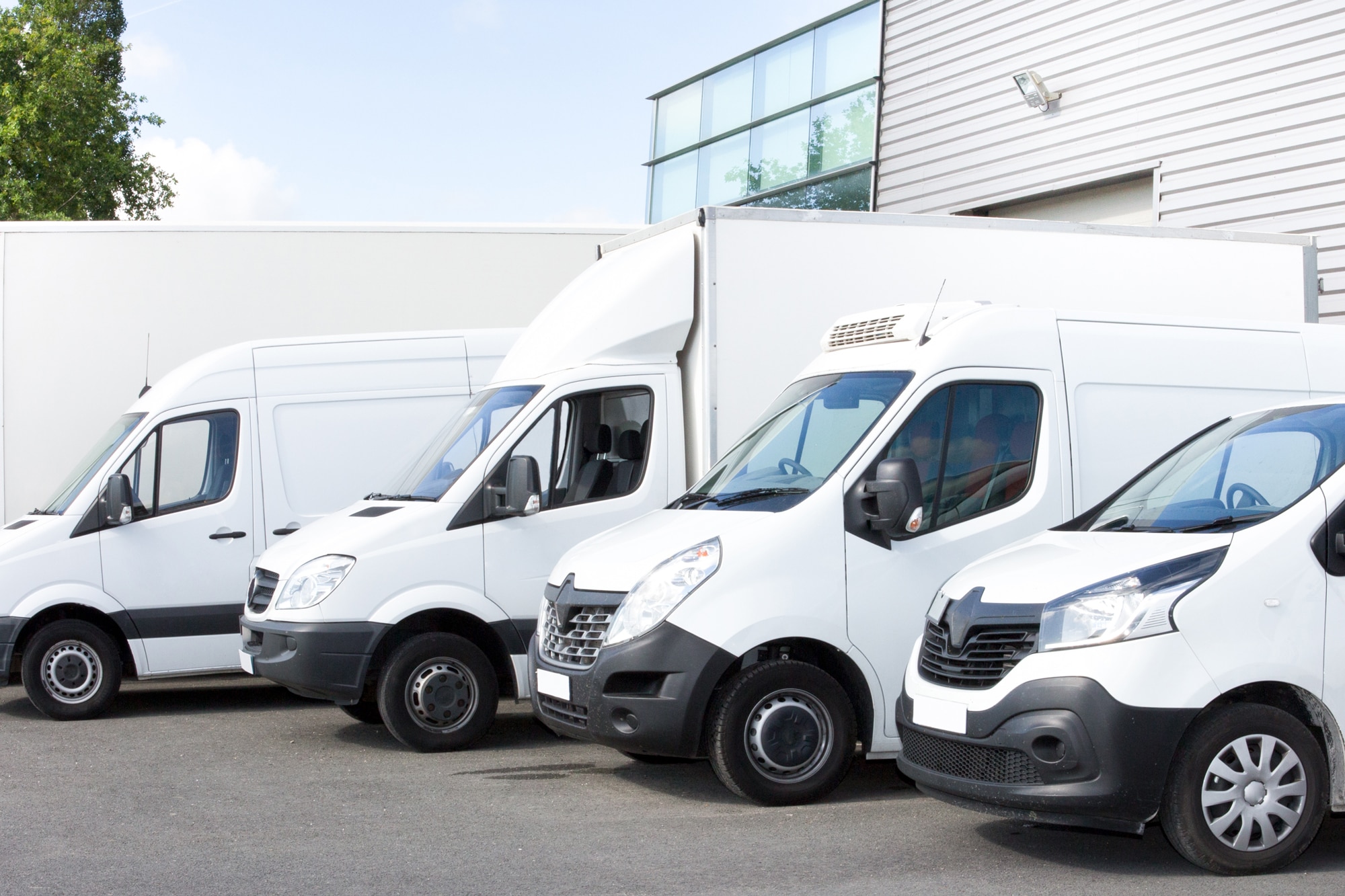A Guide to Business Vehicle Tax Deductions
Business owners can use the vehicle tax deduction for potential savings.
 Adobe Stock
Adobe Stock
Article QuickTakes:
Business vehicles can be essential to your company's operations, but the costs of purchasing and owning a company car could become significant. For owners of small- to medium-sized businesses, buying a car to use for business purposes could consume a large portion of an annual budget.
To recover some of these costs, you as a business owner, might consider filing for a business vehicle tax deduction. Business vehicle tax deductions can help you recover some or all of the expenses associated with buying and operating a car, depending on which deduction types you qualify for. However, there are complex rules and regulations that can make it challenging to know where to start and how to qualify for the available deduction.
Can I Write Off My Car Purchase as a Business Expense?
Section 179 of the U.S. Internal Revenue Code contains a specific type of business vehicle tax deduction that allows business owners to write off part or all of their business vehicle purchase during the tax year when the vehicle goes into service. While this deduction does have its limitations, you might be able to significantly reduce the burden of your car purchase.
Your business vehicle tax deduction will likely depend on your qualifying deduction type, vehicle, and expenses. Keep in mind that to qualify for the Section 179 deduction, you must prove that more than 50% of your vehicle's annual use has been for business purposes. This means keeping detailed records of its use and expenses. For any business vehicle tax deduction, documentation is key to your success. The IRS also offers a
Methods for Deducting Costs of Business Vehicle Ownership
If you already own a business vehicle, it's also possible to deduct operating and ownership expenses every year. The method you use to deduct ownership costs will likely depend on your own unique circumstances, including the type of vehicle you own and the way you use it. Consider calculating each method separately to see which can save you more.
The first business vehicle tax deduction method is standard mileage rate. To use the standard mileage rate, you must choose it as your deduction method for the first year that the car is available for use in your business. You can switch methods later on if desired.
Using the current standard rate, you can calculate your deduction based on the annual mileage of your vehicle. However, this method has a variety of limitations.
You may not use standard mileage rate if you:
- Use five or more business vehicles at the same time
- Claimed a depreciation deduction using a method other than straight-line depreciation
- Claimed a Section 179 purchase deduction or a special depreciation allowance on the same vehicle
- Used the Modified Accelerated Cost Recovery System
- Claimed actual car expenses after 1997 for a car that you leased
If your vehicle doesn't qualify for the standard mileage rate, you may still qualify for an actual car expenses deduction, although it requires serious due diligence for business owners. Using this method, you can deduct a wider range of expenses such as depreciation, licenses, gas, oil, tolls, lease payments, insurance, parking or garage rent, registration fees, repairs, and even tires.
While there are still rules and exceptions to what you can and cannot deduct, the actual car expenses deduction method provides more flexibility and allows you to also claim a Section 179 deduction. This method also gives you more options for calculating
Business Vehicle Tax Deduction Limits and Exceptions
Although it's possible for you to recover some or all of the expenses associated with your work vehicle, there are exceptions that could prevent you from reaping all of the benefits you'd hoped for. Section 179 tax deductions, for example, are capped at $1.08 million. While this may not be an issue for small businesses with one car, it could be a concern for companies that rely on a fleet of vehicles.
There is also a deduction limit specific to SUVs. SUVs weighing more than 6,000 pounds have a deduction limit of $27,000. For businesses looking to go electric, the added weight of newer, larger EVs may limit your savings options when it comes time to select a fuel-efficient business vehicle.
These are only a few key limitations you should be aware of when exploring the possibilities of qualifying for a business vehicle tax deduction. Be sure to review the rules outlined in



